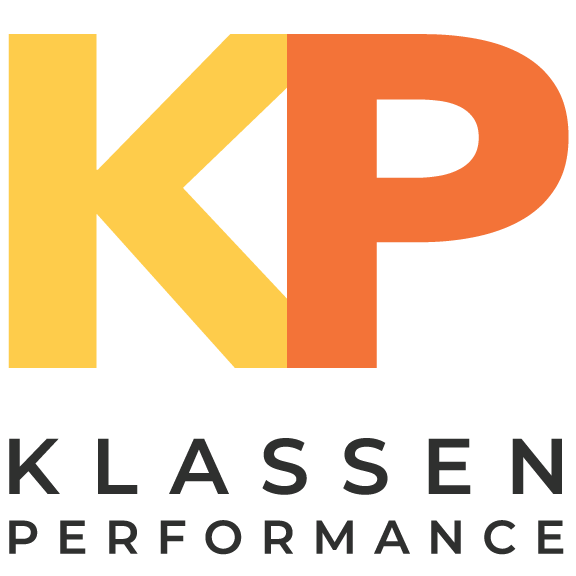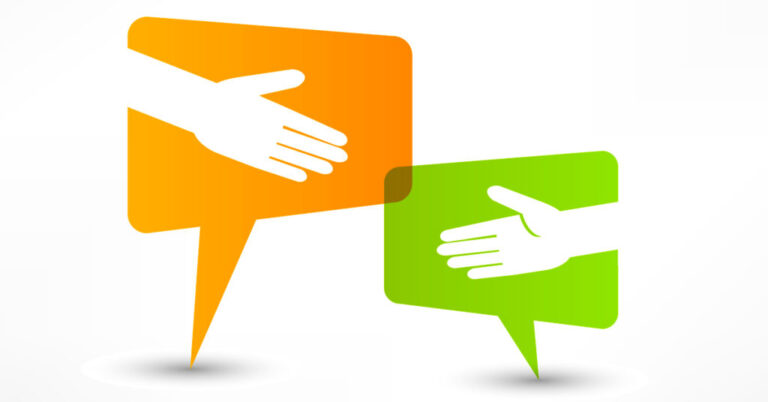
We live in a fast-paced world, constantly attending to one distraction after another while trying to get real work done. Trying to keep up can be exhausting. When we don’t pay attention to our energy levels and take the time to recharge, our productivity, health, and relationships suffer.
When I talk with people about managing their stress and energy, it is common to hear them say that they understand the benefits of taking breaks, but they can’t afford the time. They fear that if they take a break, their performance will suffer. In an effort to get the maximum ROI from their time, they bankrupt their energy and their performance suffers anyway, because we need both time and energy to be productive.
If that rings true for you, microbreaks could be the best solution. Microbreaks are periodic 30-second to five minute breaks that give you small boosts of energy. Much like plugging in your phone for 5 minutes gives it a small boost but not a full charge, microbreaks will replenish your energy enough to get through another 60-90 minutes. They don’t take the place of longer breaks like lunch, but throughout the day they provide a cumulative effect that will improve your energy, attention, and memory without the anxiety of feeling you’re falling behind.
It is important to remember that not all breaks are created equal. Spending time with people who drain your energy will not recharge you. Taking a break to scroll through social media could actually deplete your energy because you’re not getting a break from screen time. Don’t be fooled into thinking you are recharging just because you are doing something unrelated to work. If your brain is being taxed, you are still using energy.
If you truly want to have a positive impact on your energy level and mood, it is important to take breaks that will provide those benefits. The ideal microbreak involves physical activity and mentally disconnecting from work and technology.
Five easy microbreaks you can easily incorporate into your day:
1. Get moving
When we sit for long periods of time, everything – including our ability to think – slows down. Get up every hour and move. Movement gets blood flowing and improves both energy and mental clarity. This can be as simple as walking over to a colleague’s desk to talk rather than sending an email, taking the stairs, a walking meeting, stretching, squats or toe raises. Even five minutes each hour will get your blood flowing and increase your energy and productivity. Make a list of the things you can do given your specific work situation and choose something from that list every hour.
2. Unplug
We spend the vast majority of our day in front of one screen or another. Whether it is a computer, TV, phone, or a tablet, it takes a physical, emotional, and psychological toll. We tend to fill even the tiniest window of time with a check of our technology. Although many see a chance to watch a video clip or scroll through social media as entertaining or even relaxing, research suggests it might actually be depleting our mental energy rather than recharging us. So what is the solution in a world where we need to be connected? Make time to unplug whenever you can and give your brain a rest so you can boost your energy. Resist the temptation to fill every spare minute you have and, instead, just be. The next time you’re waiting, don’t reach for your device, simply stay present. Focus on what’s going on around you. What do you see, hear, and smell? Maybe even strike up a conversation with someone else who’s waiting. Remember, every opportunity you have to unplug is an opportunity to allow your brain to rest and recharge.
3. Take a mental break
Meditation has gotten a lot of attention recently, and for good reason. In the short term, meditation can calm nerves and recenter focus. Over a longer term (6-8 weeks) regular meditation rewires the brain’s response to stress. It increases your self-awareness and enables you to respond more effectively to stress so you can use your energy in more productive ways.
Meditation doesn’t have to be long or complicated. According to Mark Williams and Danny Penman in their book Mindfulness, even a 3-minute meditation will give you a meaningful mental break. We can all find time for that.
4. Go outside
A short walk outside where you completely detach from technology combines all three of these strategies into one power microbreak.
5. Breathe
In the event you’re stuck in a meeting or at your desk for prolonged periods, you can still reduce your stress and recharge. Taking deep, slow breaths can rapidly decrease stress and clear your mind. Just relax your belly, deepen your inhale, and exhale for a count of 5 or 6. The extended exhale sends your brain calming signals that dampen the fight-or-flight response.
One key to effective microbreaks is to take them before you need them. Schedule them throughout your day to get ahead of energy crashes and keep productivity high. To maximize the benefit of a microbreak, disconnect from work and technology and incorporate movement to get the blood flowing.
Recharging doesn’t happen naturally for most people anymore. We are constantly connected and reacting to one stimulus or another. That means we need to be more purposeful in how we recharge and manage our energy. The above strategies are proven ways for you to improve your focus and attention and to enhance your memory and learning. Pay attention to what works best for you and schedule regular microbreaks into your day.








